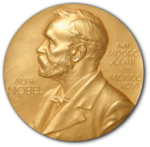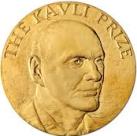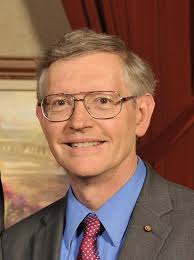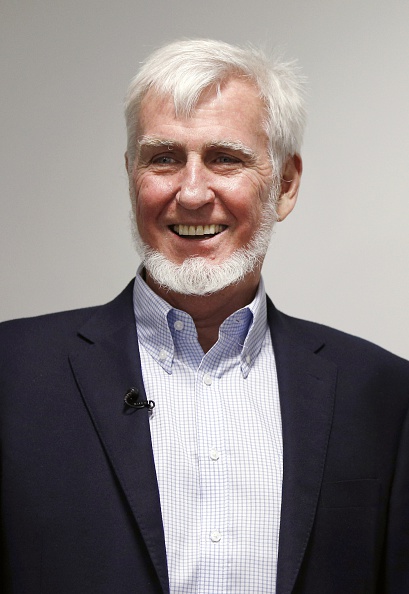Stefan Hell Nobel Prize Awarded In 2014
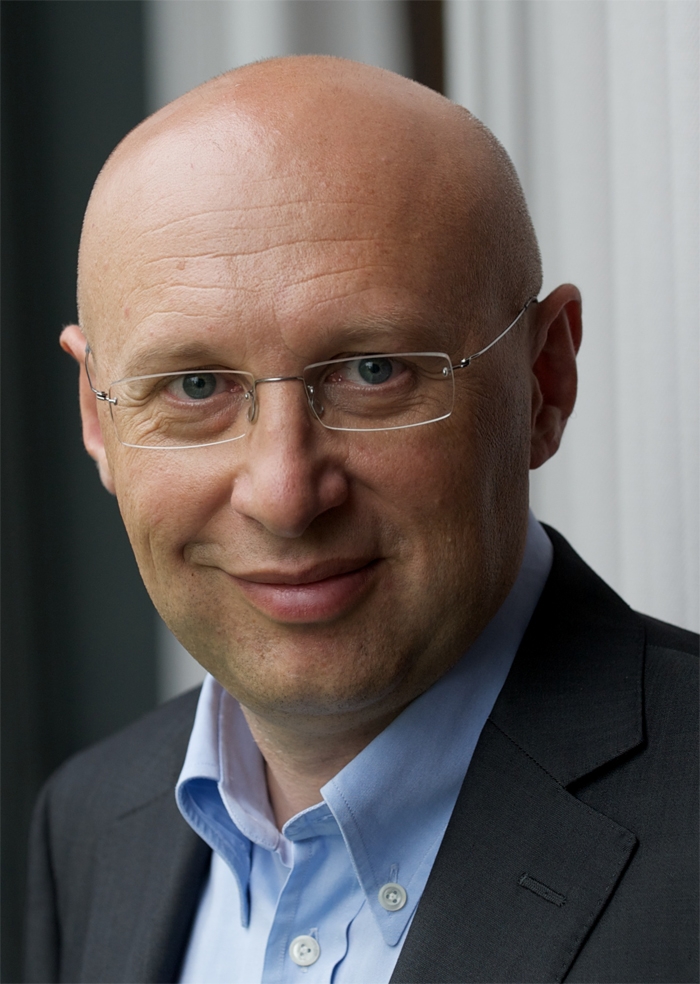
Stefan Hell
Award Name : Nobel Prize
Year of Award : 2014
Award for : Chemistry
Location : Göttingen, Lower Saxony, Germany
Stefan Walter Hell (born 23 December 1962) is a Romanian-born German physicist and one of the directors of the Max Planck Institute for Biophysical Chemistry in Göttingen, Germany. He received the Kavli Prize in Nanoscience in 2014 “for transformative contributions to the field of nano-optics that have broken long-held beliefs about the limitations of the resolution limits of optical microscopy and imaging”, together with Thomas Ebbesen, and Sir John Pendry and received the Nobel Prize in Chemistry in 2014 for the development of super-resolved fluorescence microscopy, together with Eric Betzig and William Moerner.Hell began his studies at the Heidelberg University in 1981, where he received his doctorate in physics in 1990. His thesis advisor was the solid-state physicist Siegfried Hunklinger. The title of the thesis was “Imaging of transparent microstructures in a confocal microscope”. He was an independent inventor for a short period thereafter working on improving depth (axial) resolution in confocal microscopy, which became later known as the 4Pi microscope. Resolution is the possibility to separate two similar objects in close proximity and is therefore the most important property of a microscope.From 1991 to 1993 Hell worked at the European Molecular Biology Laboratory in Heidelberg, where he succeeded in demonstrating the principles of 4-Pi microscopy. From 1993 to 1996 he worked as a group leader at the University of Turku (Finland) in the department for Medical Physics,where he developed the principle for stimulated emission depletion STED microscopy. From 1993 to 1994 Hell was also for 6 months a visiting scientist at the University of Oxford (England).He received his habilitation in physics from the University of Heidelberg in 1996.
On October 15, 2002 Hell became a director of the Max Planck Institute for Biophysical Chemistry and he established the department of Nanobiophotonics. Since 2003 Hell has also been the leader of the department "Optical Nanoscopy division" at the German Cancer Research Center (DKFZ) in Heidelberg and Professor in the Heidelberg University Faculty of Physics and Astronomy.With the invention and subsequent development of Stimulated Emission Depletion microscopy and related microscopy methods, he was able to show that one can substantially improve the resolving power of the fluorescence microscope, previously limited to half the wavelength of the employed light (> 200 nanometers). A microscope's resolution is its most important property. Hell was the first to demonstrate, both theoretically and experimentally, how one can decouple the resolution of the fluorescence microscope from diffraction and increase it to a fraction of the wavelength of light (to the nanometer scale). Ever since the work of Ernst Karl Abbe in 1873, this feat was not thought possible. For this achievement and its significance for other fields of science, such as the life-sciences and medical research, he received the 10th German Innovation Award (Deutscher Zukunftspreis) on November 23, 2006. He received the Nobel Prize in Chemistry in 2014.
